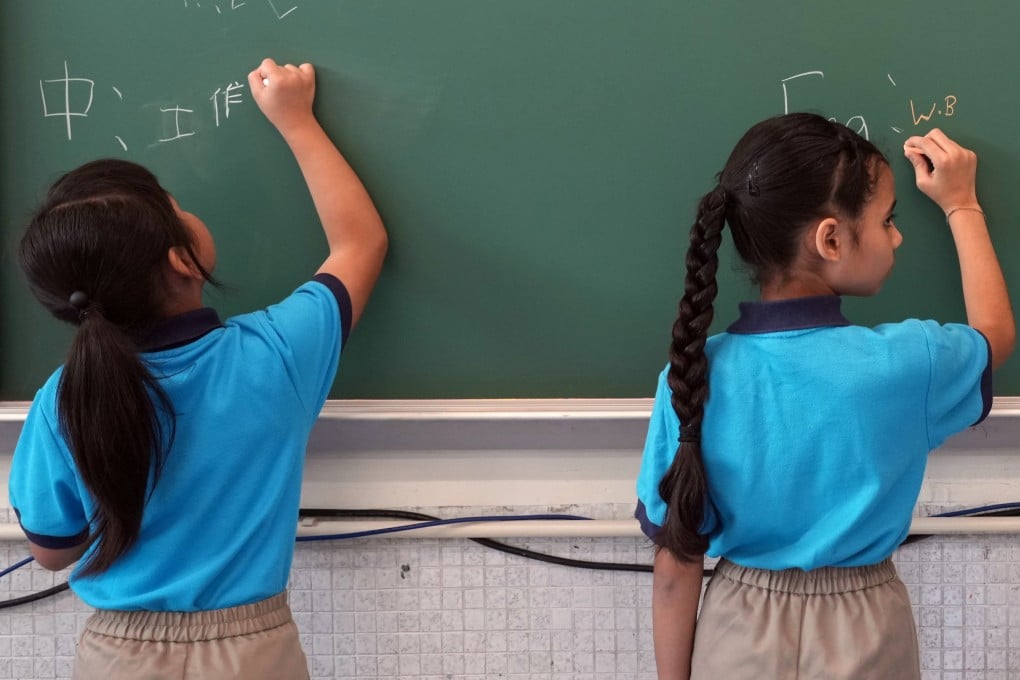Advertisement
Opinion | Integrating ethnic minority groups key to Hong Kong’s international future
- Nurturing Hong Kong’s local talent pool is essential to securing a prosperous future, and that requires developing a diverse, inclusive society
- Helping underserved people from ethnic minority communities break down barriers will benefit them, and the city
Reading Time:3 minutes
Why you can trust SCMP
0

As the principal link between China and the international community, it is essential for Hong Kong to develop as a diverse and inclusive multicultural society which strengthens our international credentials. In this context, our people are our most valuable resource.
As we promote Hong Kong and seek to attract top talent from around the world, it is crucial to maintain a strong focus on nurturing and expanding our local talent pool, recognising it as a valuable asset and essential resource.
In this respect, there is a widespread belief that talented people within our ethnic minority communities are not being fully nurtured or adequately integrated into society. In 2021 they numbered around 300,000 people, or 4.1 per cent of the population, excluding foreign domestic workers. Many were born and grew up here but continue to struggle to integrate.
There is an urgent need to dismantle barriers preventing these people from fully participating in society and breaking free from a persistent cycle of poverty. We must do more to address the areas of language proficiency, social integration and employment prospects.
The government is encouraging schools to admit more non-Cantonese speakers by providing financial incentives to support the schools that do. However, the required teachers and appropriate teaching methodologies for Chinese as a second language have not been adequately developed. Some can speak Cantonese but cannot read or write Chinese, hindering their academic progression and employment opportunities.
According to the 2021 Population Census Report, the attendance rate at tertiary level among ethnic minority groups aged 18-24 drops to 50 per cent, compared to 98.3 per cent among those aged 12-17. This suggests many of these young people might not have the academic foundations to pursue tertiary education.
Advertisement

